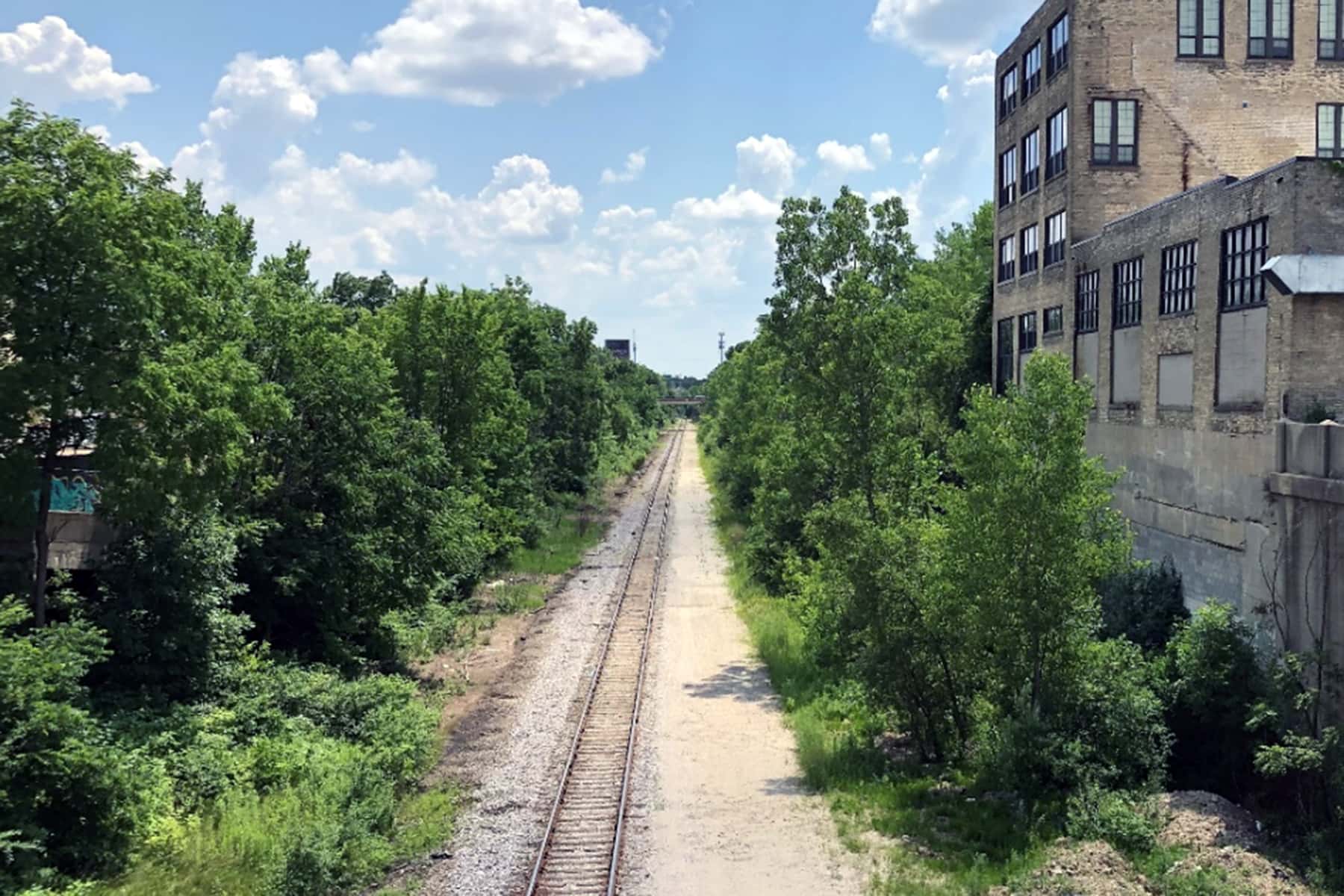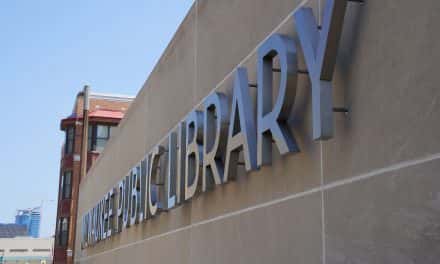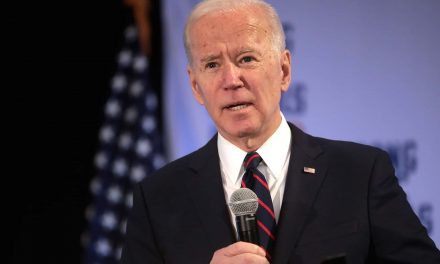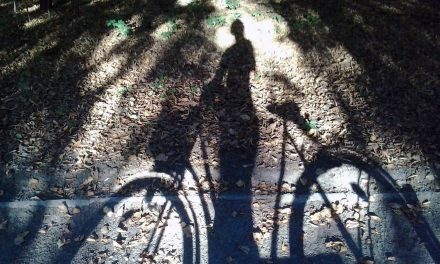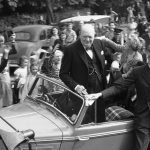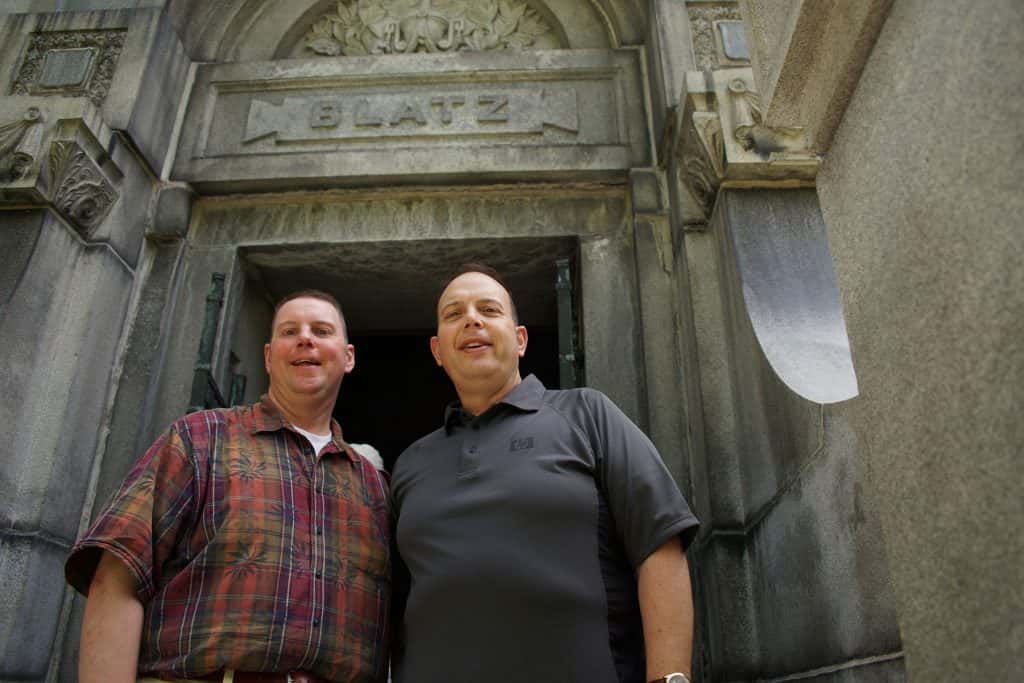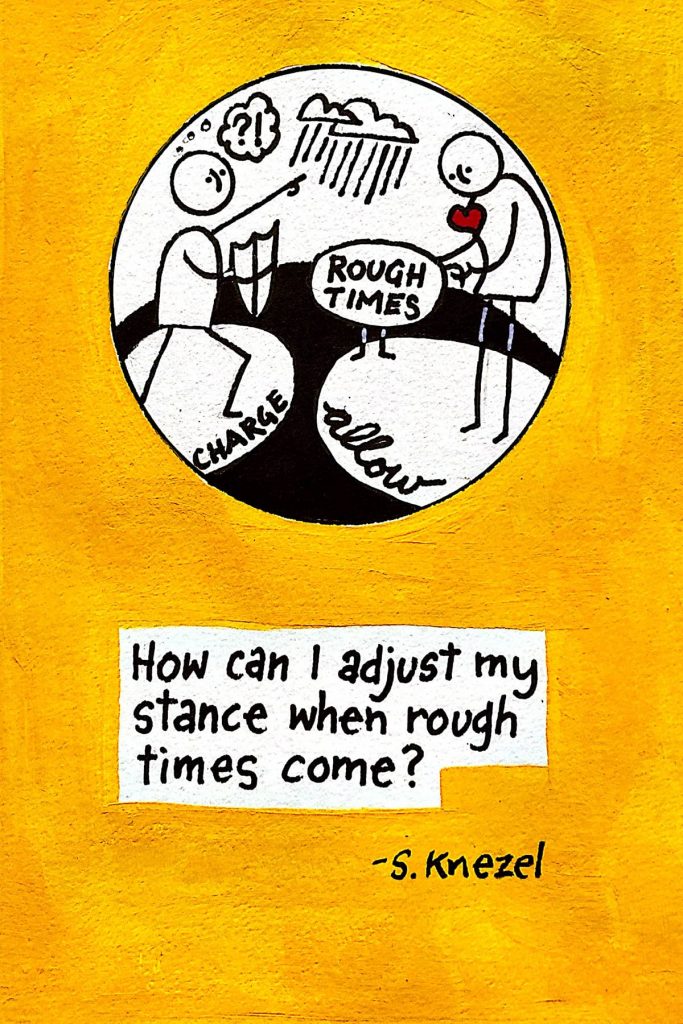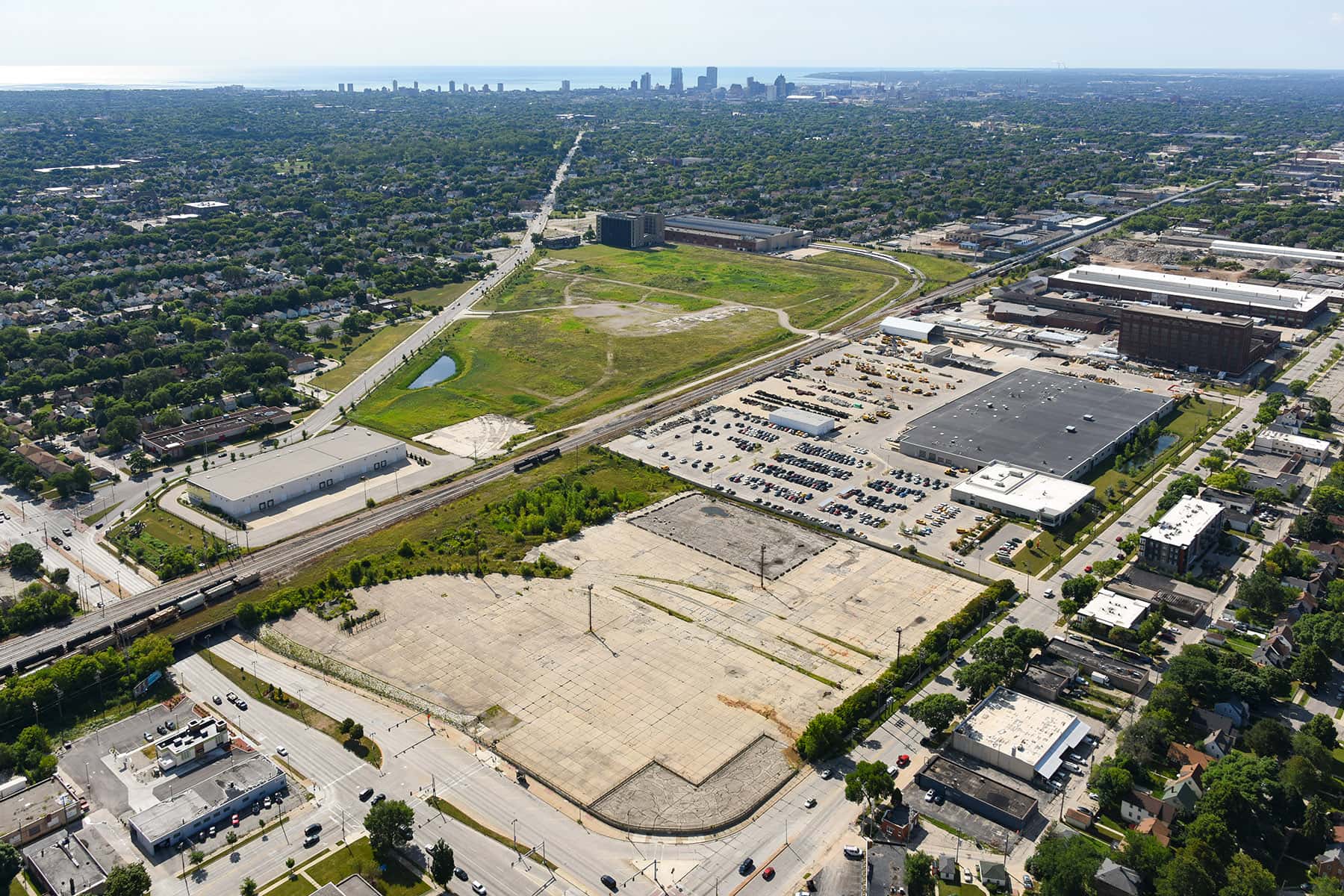
The 30th Street Industrial Corridor Corporation, in collaboration with the City of Milwaukee, Milwaukee County, Rail-to-Trails Conservancy (RTC) and seven regional partners, released findings and recommendations from a study outlining the path forward for the development of the 30th Street Corridor Shared-Use Trail.
The Preliminary Feasibility Study answered critical technical questions and defined next steps for the construction of the 6.7-mile trail corridor, which could unlock additional economic and social opportunities for Milwaukee by providing equitable trail access for all. The 30th Street Corridor Shared-Use Trail would be built along a low-traffic, active-freight rail line that serves businesses along the corridor.
When complete, the project will offer underserved neighborhoods vital connections to job and education centers, supermarkets, green space and popular city landmarks, as well as access to the Oak Leaf Trail, the Hank Aaron State Trail and a future extension of the Beerline Trail. By creating safe spaces for residents to be active outdoors, the project can save the city and residents more than $22.4 million in direct health-care costs, projects RTC’s 2017 BikeAble Study.
The 30th Street Corridor trail will also serve as an important link to the Route of the Badger, a developing 700-miles-plus world-class trail system in Southeast Wisconsin that aims to stimulate economic opportunity, promote healthier lifestyles and bridge gaps in communities along the route, for a more socially equitable and vibrant region.
“We view this project as a catalytic component of our efforts to revitalize Milwaukee’s 30th Street Corridor. Though it will provide huge social and health benefits to the residents, we are determined that the economic impact benefits Black Milwaukee as well,” said Cheryl Blue, executive director of The 30th Street Industrial Corridor Corporation.
The 2017 BikeAble study indicated that the mostly Black neighborhoods lining the 30th Street Industrial Corridor disproportionately lack access to biking and walking facilities. The new trail access would open up transportation options in a community where reliable transportation can be difficult to come by.
“The COVID-19 pandemic has highlighted the importance of trails and outdoor spaces and how they improve our lives. This trail has the potential to strengthen neighborhoods in and around the 30th Street Corridor and provide more equitable access to outdoor recreational spaces—reducing health disparities and moving forward the city’s goals in racial equity. This is a challenging project, but the city is committed to working with partners and the community to continue to ensure this project benefits residents and businesses,” said Milwaukee Mayor Tom Barrett.
The neighborhoods along the 30th Street Industrial Corridor thrived historically as a hub for manufacturing jobs. They were hard hit by globalization and discriminatory policies and practices that led to a 40% reduction of local job opportunities that were accompanied by increased crime rates and declining property values. Despite these socioeconomic challenges, community stakeholders, including nonprofit organizations, business associations, resident groups and local government agencies are working together to build momentum for positive change in the corridor.
“Completing a trail along the 30th Street Industrial Corridor is the most important trail investment that can be made in the Milwaukee region in terms of creating more equitable trail access for all,” said Willie Karidis, RTC’s Route of the Badger project manager. “The trail will help take Milwaukee residents with safe access to a trail from 25,000 to 200,000 people and generate enormous economic, social and health opportunities for Southeast Wisconsin.”
The Preliminary Feasibility Study also underlines the importance of a community process to define how the trail could best meet the residents’ needs. The next step will be to work with neighborhood leadership to craft and implement an equitable development plan on the intersectional issues at play in the neighborhoods around the 30th Street Corridor. The process will ensure that the future shared-use trail project is a driver of broad and long-term benefits for current residents.
The 30th Street Corridor Shared-Use Trail Preliminary Feasibility Study report was created in partnership with jurisdictional agencies and nongovernmental organizations in and around Milwaukee, including: the City of Milwaukee, Havenwoods Economic Development Corporation, Milwaukee County, the Milwaukee Metropolitan Sewerage District (MMSD), Near West Side Partners, the Northwest Side Community Development Corporation (NWSCDC), Rails-to-Trails Conservancy (RTC), The 30th Street Industrial Corridor Corporation, the Urban Ecology Center, the Villard Avenue Business Improvement District and the Wisconsin Department of Transportation (WisDOT).
© Photo
City of Milwaukee

